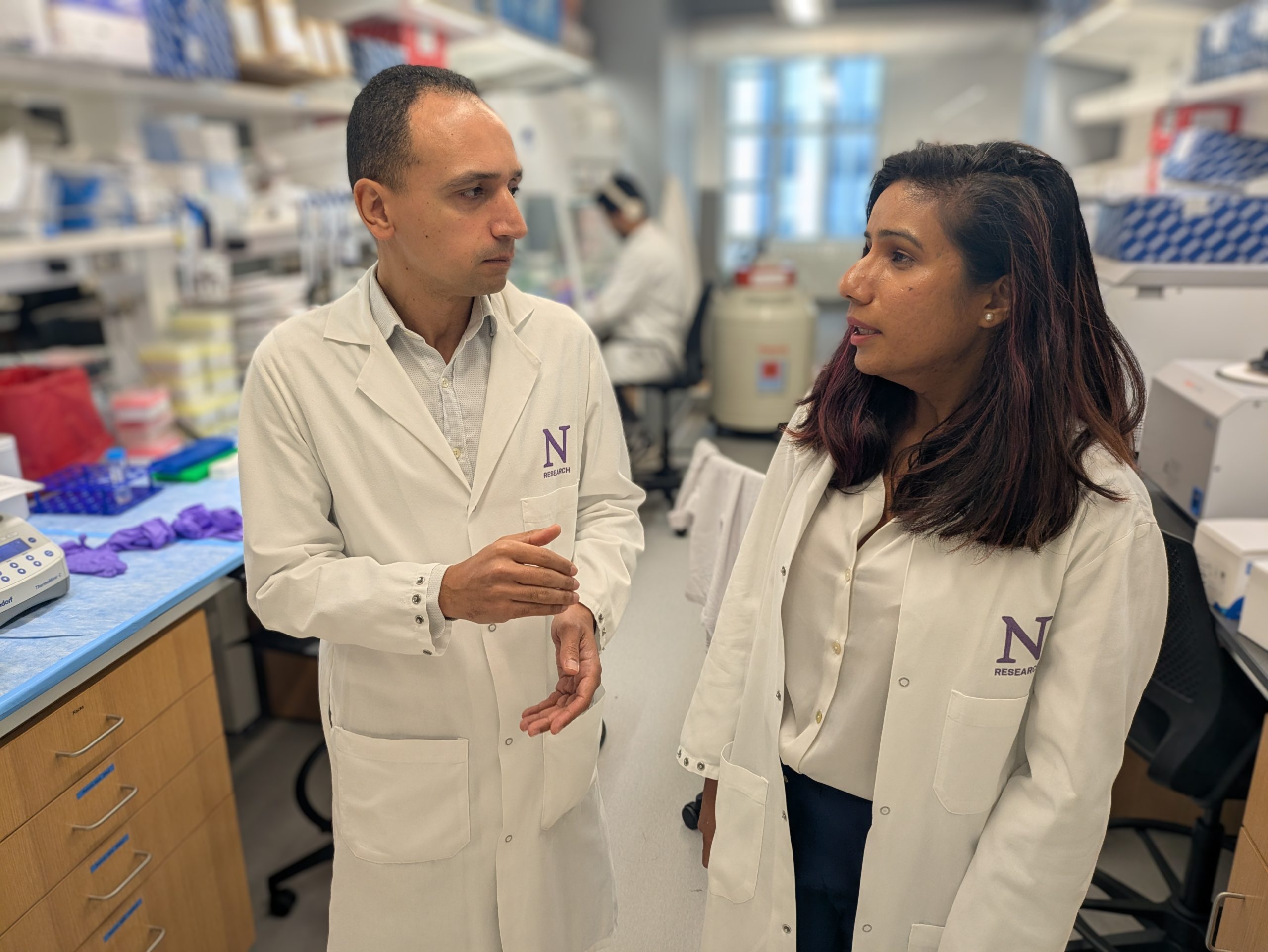Byline: Ben Schamisso
-

Long COVID Brain Fog Far More Common in US than India, Other Nations
Patients with long COVID-19 in the U.S. report far higher rates of brain fog, depression and cognitive symptoms than patients in countries such as India and Nigeria, according to a large international study led by Northwestern Medicine.
-

Gestational Diabetes Rose Every Year in the US Since 2016
Gestational diabetes rose every single year in the U.S. from 2016 through 2024, according to a new Northwestern Medicine analysis of more than 12 million U.S. births.
-

Tanning Beds Triple Melanoma Risk, Potentially Causing Broad DNA Damage
Tanning bed use is tied to almost a threefold increase in melanoma risk, and for the first time, scientists have shown how these devices cause melanoma-linked DNA damage across nearly the entire skin surface, according to a recent study.
-

New ‘Heart Percentile’ Calculator Helps Young Adults Grasp Their Long-Term Risk
A new Northwestern Medicine study introduces a first-of-its-kind online calculator that uses percentiles to help younger adults forecast and understand their risk of a heart event over the next 30 years.
-

New Antibody Therapy Reawakens Immune System to Fight Pancreatic Cancer
A new study shows that pancreatic tumors use a sugar-based disguise to hide from the immune system, and Northwestern scientists have also created an antibody therapy that blocks the “don’t-attack” signal.
-

Medicaid Billed for More than Half of U.S. Hospital Costs From Gun Injuries
The initial hospital treatment of firearm injuries costed an estimated $7.7 billion between 2016 and 2021, with the largest share falling on urban trauma center hospitals that serve the highest proportion of Medicaid patients, according to a new study.
-

Nearly Everyone Has at Least One Risk Factor Before a Heart Attack, Stroke or Heart Failure
More than 99 percent of people who went on to suffer a heart attack, stroke or heart failure already had at least one risk factor above optimal level beforehand, according to a new study.
-

Black Adults Face Heart Failure Nearly 14 Years Earlier than White Patients
Black adults in the U.S. are first hospitalized for heart failure nearly 14 years earlier than white adults, according to a new study analyzing data from more than 42,000 patients across hundreds of hospitals.
-

Asthma Drug Blocks Food Allergy Reactions in Mice
A drug already FDA-approved for asthma was found to nearly eliminate life-threatening allergic reactions to food allergens in mice, according to a new Northwestern Medicine study published in the journal Science.
-

Most U.S. Adults Have Hearts Older than Their Actual Age
Northwestern scientists have created a free online tool that calculates a person’s “heart age” based on their risk for cardiovascular disease using routine health data, according to a study published in JAMA Cardiology.





